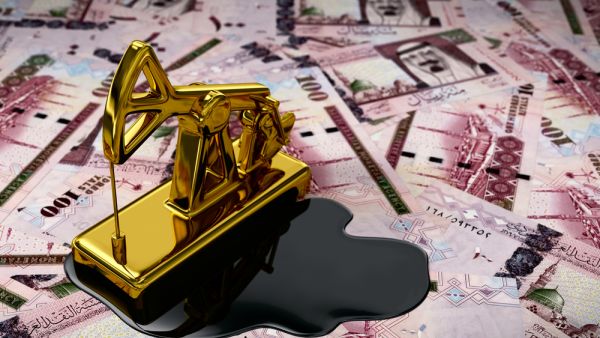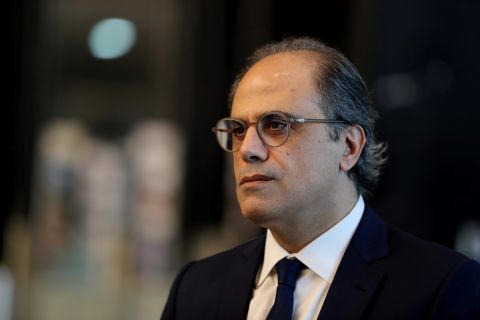The sharp reduction of global oil production that was agreed because of the pandemic will be extended for one month, around two dozen oil producers including Saudi Arabia and Russia decided on Saturday.
While the reductions that were first agreed in April had "helped garner tentative signs of a recovery in the global economy and oil market, ‘policies must stay in place to keep the market in balance,’ the countries said in a statement, Deutsche press agency (dpa) reported.
The group consisting of the Vienna-based Organization of the Petroleum Exporting Countries (OPEC) and a Moscow-led group of allies (OPEC+) had decided to slash their joint output by 9.7 million barrels per day (bpd) during May and June, aiming to take around 10 percent of global oil supplies off the market.
The step was meant to cut supply and raise global oil prices, which had plummeted as the coronavirus crisis hit demand from the manufacturing industries and the transport sector.
In videolink negotiations on Saturday, energy and oil ministers from the involved countries also agreed that countries that have been producing more than they should must compensate by producing less in coming months.
Nigeria, Iraq, Angola and Kazakhstan have been overproducing, according to Commerzbank energy analyst Eugen Weinberg in Frankfurt.
Even after the current cut of 9.7 million bpd runs out, gradually smaller cuts would stay in place until 2022, according to the deal reached in April.
Since the cut took effect last month, "these adjustments have provided much-needed relief to the market, and we have seen a tentative recovery," Algerian energy minister and current OPEC president Mohamed Arkab said at the start of the deliberations.
Since April, the benchmark price for European Brent oil has recovered from a level of around 20 dollars per barrel to above $ 42.
The minister also noted that oil demand has picked up globally as economic activity slowly returns to normalcy.
The latest decision by oil producers was aimed at pushing the benchmark price for European Brent oil above 50 dollars, he said in a video that was posted online by well-known Iranian energy journalist Reza Zandi.
But pushing the price up too high could end up hurting OPEC, warn analysts, since it could prompt more US suppliers into the market. A price level above 40 dollars would provide an incentive to bring US wells that had been shut down due to the crisis back online, analyst Weinberg wrote.









